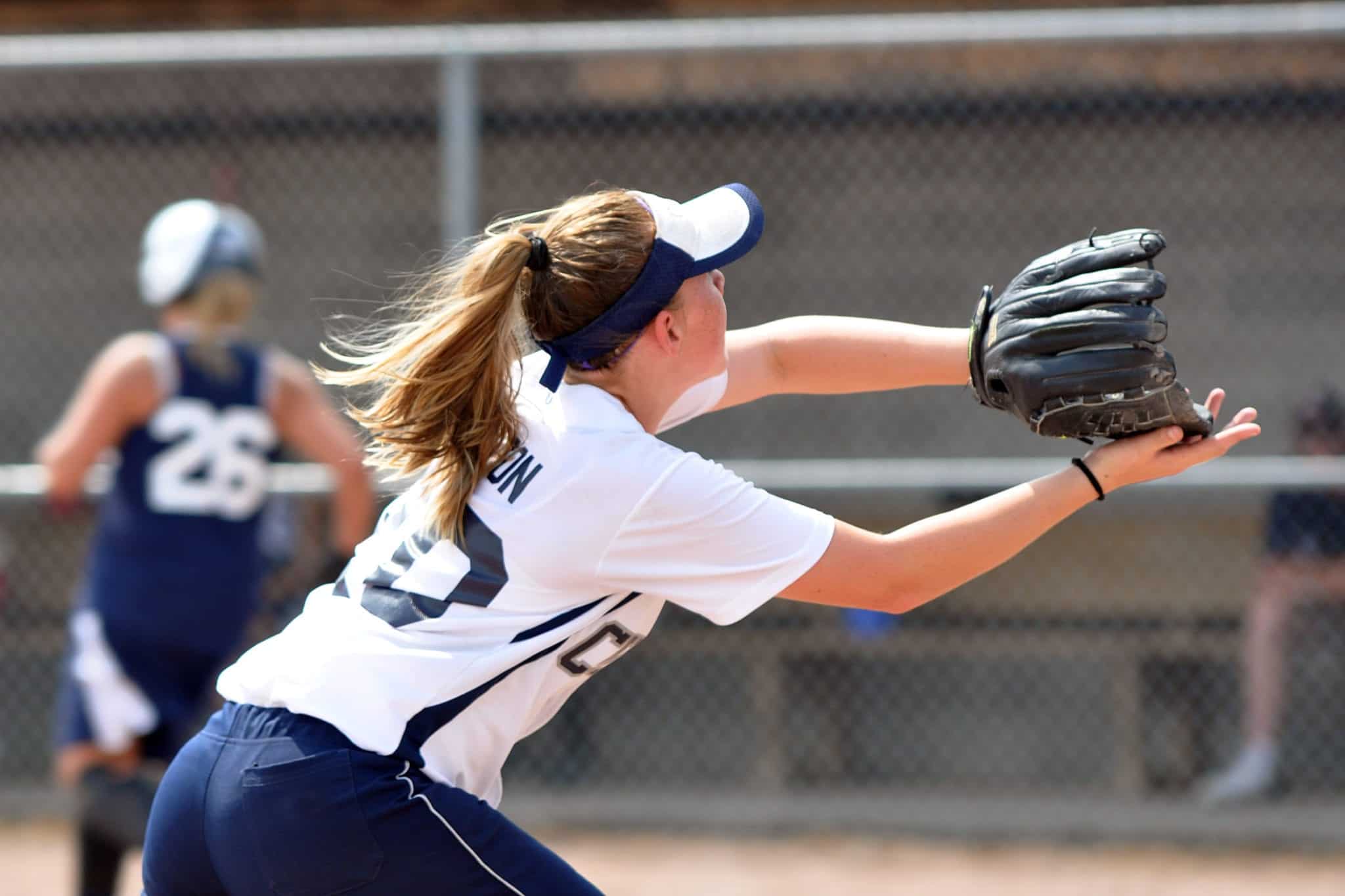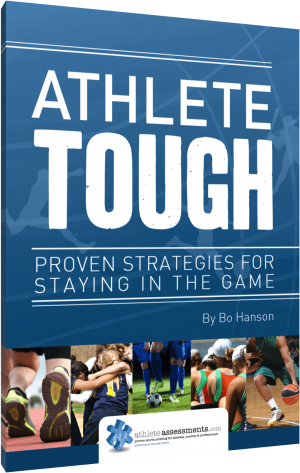Practicing the Skills That Allow Athletes to Perform Under Pressure
Elite athletes are comfortable in uncomfortable situations, they need to be, in fact, this skill alone can convert all of the work they’ve done leading up to this moment into a victory.
Recall how often Championships are won or lost in the last few seconds of a game, or the way there are split seconds between podium positions at important competitions and you’ll know exactly why your athletes need to get comfortable with the uncomfortable.

Elite athletes know how to perform under pressure, they know how to produce their best results when it matters the most. An athlete who produces a match winning performance on game day, not just in practice, or at the qualifiers but when everyone’s watching, despite any circumstances, mishaps, losses or mistakes, is a tough athlete.
Tough athletes are comfortable in uncomfortable situations.
Tough athletes know how to control themselves when adrenaline is running through their veins, when their heart is racing, they’re excited, everyone’s depending on them and they know this counts!
“Typically, under pressure people will experience an elevated heart rate, higher blood pressure and adrenaline rushes. Consequently their ability to absorb information becomes more limited and their decision-making skills deteriorate. Often, this leads to becoming overly focused as a way to regain control, or the complete opposite and they lose their focus,” says Bo Hanson, Senior Consultant at Athlete Assessments.

I’ll give you an everyday example of pre-judgement and the need to be comfortable with the uncomfortable, straight from real-life.
When I sing I think that I sound like a dying cat, it makes me uncomfortable to hear myself. When I have to sing in front of someone else, then that turns into an uncomfortable situation, for me. My singing teacher says that singing is a physical skill. It involves muscles that need to be exercised regularly and, with practice my ear will become accustomed to the pitch of the correct notes.
I am an Alto, which is unusual for a woman. I have a deep voice. My goal is to stretch my voice and comfortably hit notes across two octaves. But if I’m ever going to reach my goal, I need to practice so I can casually sing in front of people, like when I’m in my car with my friends or when a song I like comes on my iTunes.
My singing teacher says the beauty of voices is that everyone’s is unique, and it’s only with practice that mine will develop into a polished version of its natural state. Some voices are naturally tuned to a register that is beautiful to listen to. Some voices are polished with practice and some people know how to push their voice in performance, beyond the comfortable and it’s exhilarating to listen to. In Outliers, Malcom Gladwell says that the key difference between a music teacher and a concert pianist is practice.
Why do I feel uncomfortable when I sing? Because I judge myself, I judge that I should be at the same standard as the voices I hear on the radio, and I think everyone around me thinks the same. Alternatively, I could accept where I’m at, be comfortable with the uncomfortable and practice, practice, practice . . .
The good news for me and your athletes, is that getting comfortable with the uncomfortable is a process that can be learned. Also, I can choose to focus on why I sing in the first place, which is because I enjoy it and I feel good. It is only for me. The groundwork for these skills can be broken down into a step-by-step program that can be implemented each week.

Bo Hanson, Senior Consultant at Athlete Assessments explained that this was exactly the rationale behind the ATHLETE TOUGH™ program. He designed the program in response to the constant requests by Coaches for his input into mental skills development for athletes.
Hanson developed the fifteen-chapter workbook and video series so that it can be implemented directly by Coaches and support staff without interpretation.
The ATHLETE TOUGH™ program teaches skills that translate into life after competition. For example, in the workplace your athletes will know they can give the portfolio winning presentation or prepare the paper that everyone’s depending on because they can recall a specific example of their performance under pressure and they’ll know exactly how they did it.






